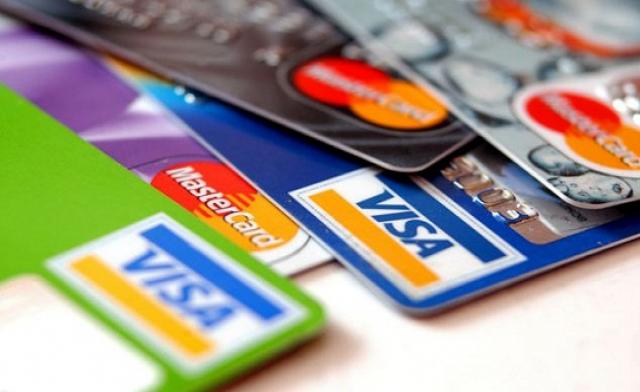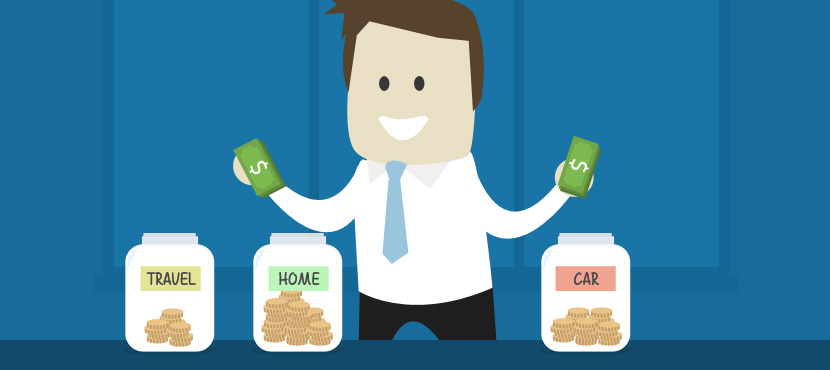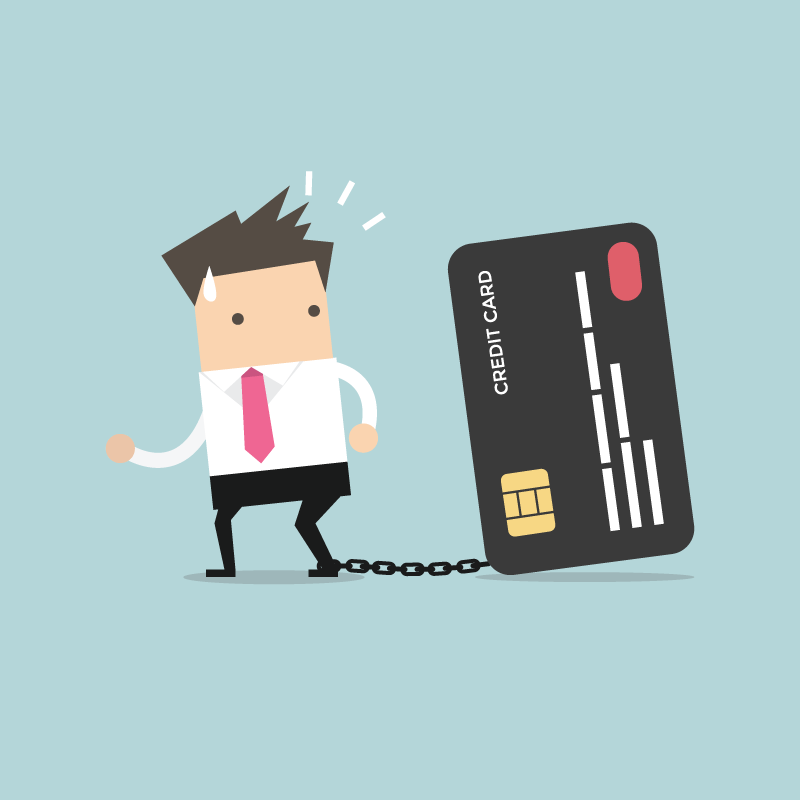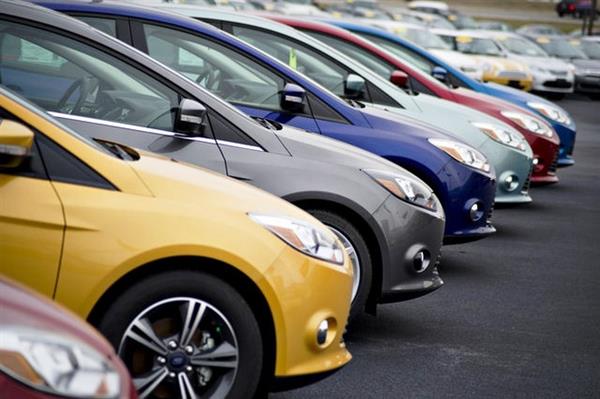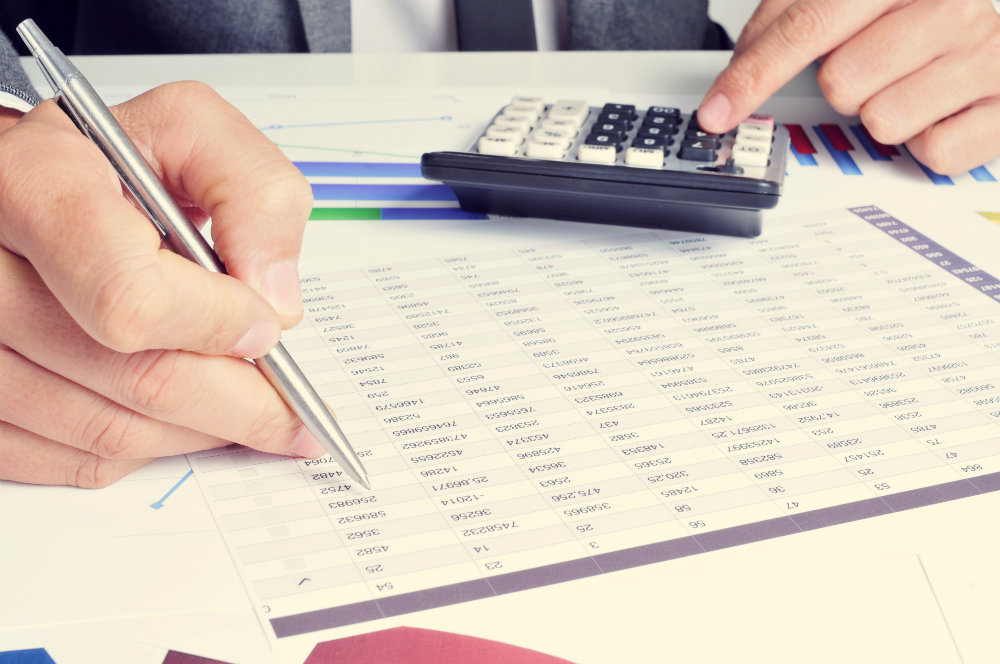14 Lazy Habits That Are Costing Malaysians Money
You'll wanna change these.
Did you know that being lazy could be costing you money and the potential to earn more money?
Laziness can be subjective. However, when it comes to personal finance, being lazy may have a guaranteed costly effect like in the 14 examples below:
1. Not automating your savings
By now, you have probably heard enough about the importance of savings. BUT, are you saving money the right way?
“Do not save what is left after spending, but spend what is left after saving” – Warren Buffet
Ideally, you should set aside a portion of your monthly income towards savings as soon as you get paid which is known as “paying yourself first”. Only then do you spend the remainder of your income.
An efficient way of doing this is by automating your savings. You can do this by setting up a recurrent transaction with your bank account to ensure that a set amount is deposited into your savings account by a specific date every month. This allows you the financial flexibility to focus on other areas of your life knowing your savings is taken care of.
Once you get into the habit of saving the right way, you need to make sure that the savings are actually working for you. Remember that it is important to look at and compare the interest rate you will be receiving for your savings. This is to ensure that you will be gaining the highest return possible for your savings deposit. It is also imperative to ensure that the interest rate is higher than, or matches, the current inflation rate at the very least. Here is a list of the [best savings accounts in Malaysia](https://www.comparehero.my/blog/best-savings-account-malaysia) to get you started.
Tip: Save at least 20% of your salary every month.
2. Not educating yourself about personal finance
Personal finance may not incite the same excitement as watching a movie does, nevertheless, its importance must not be disputed. Financial literacy is important as it will help you better understand basic economic concepts that is needed to make informed savings and investment decisions, for example, concepts such as compound interest.
Did you know that only 36% of Malaysian adults are considered financially literate? This finding is based on the S&P Global Financial Literacy survey across more than 150,000 adults in 143 countries.
You don’t have to strive to be able to predict the stock market trends (leave that to the professionals), but having basic financial know-how will help you manage your finances better. Some of the ways for you to boost your financial literacy is by reading up on personal finance. The recommended reading are:
- Rich Dad, Poor Dad by Robert Kiyosaki
- Think and Grow Rich by Napoleon Hill
- The Richest Man in Babylon by George Samuel Clason
Otherwise, there is also the financial literacy programme “My Money & Me" by Malaysian Financial Planning Council (MFPC) and you can keep reading our blog to keep you updated and informed!
3. Not using the right credit cards
Using the right credit card can help you to save money by way of cashback and discounts for cardholders. You can also collect points and rebates to offset other expenses such as flight tickets with an Air Miles credit card, or even use a rewards credit card to collect points that you can later redeem for vouchers, electrical appliances and more.
However, make sure you are disciplined with your credit card usage in terms of how you use it and pay off the credit card bills. Ideally, credit cards should only be used for purchases which you can afford to pay off. As for the bills, credit cardholders should strive to pay off their credit card bills in full during the 20-day interest-free period, instead of just paying the minimum amount required.
The key here is to use credit cards that are best suited for you by complementing your spending style. What this means is, if you are a frequent shopper, you should make sure of a cashback card. If you are a frequent flyer, you should use a credit card that offers air miles. But if you prefer a basic card, you should get a credit card with no annual fee to get the most saving and rewards from it. You should be using the right credit card to maximise on your savings and make the cards work for you instead of against you.
This means credit card should offer you convenience like being able to make big purchases without lugging around large amount of cash, and enjoy receiving cashback and discounts. What credit card should not be doing is cause you to be further in debt.
TIP: Remember to treat using a credit card as you would your disposable cash and buy only what you can afford to pay off in full.
4. Not tracking your expenses
Part of being smart with your money is not just in how you spend it, but also on how well you track your expenses.
As Peter Drucker once said, “What gets measured, gets managed”. Doing so will help you gain clarity and insight into where you may be overspending, and the big expenses you could potentially cut down on, or even cut out completely.
Granted, it may sound tedious to have to track your spending, but you can make use of these free budgeting apps such as Level Money or Spendee. Tracking down all of your expenses can also teach you to curb impulse purchases the next time you are at the shops, especially after you get to see the huge dent it does to your budget.
5. Not packing your own lunch
It may sound like a small expense to cut down on, but to put it into perspective, an average lunch on weekdays at work may cost between RM7-10 without drinks. Multiply that by 20 days and that’s RM200 (RM10 X 20 days). However, let’s say you bring lunch from home for 10 days, and buy food for the remaining days, you can potentially bring down your lunch expenses to RM100 (RM10 x 10 days). Now that’s a healthy amount to save, especially during the current economic situation.
Strive to bring lunch from home for half of the month, and buy lunch at work for the rest of the time. There’s no hard and fast rules, which means you can tweak this plan depending on how frequent you bring food from home. Of course, the more frequent you do so, the more money you get to save.
6. Not having a fun jar
All work and no play makes jack a dull boy. However, spending excessively or recklessly for entertainment and fun activities may also cause major wreckage to your budget.
To help curb that, try the fun jar approach. Create a fun jar where you keep funds that you can use for all the fun things you want to do. Take money from the fun jar to fund your activities throughout the month. Having this separate jar will help you to keep track of your spending and keep your finances in check by separating funds according to its intended expenses.
You can set up multiple jars for different purposes if you like this approach, like groceries, shopping, and eating out for example. However, once the money in the fun jar runs out, don’t go dipping your fingers into your other financial jars!
7. Leaving deadlines to the last minute
Mistakes and missing deadlines can be costly, especially when it comes to late payments for credit card, loans, and even income tax. You could be slapped with a late payment fee, be chased by debtors to collect your payment or you could even be fined.
For example, if you make a mistake when filing your income tax with LHDN, you can get fined. Avoid having to pay penalties or fines by ensuring you allocate yourself enough time to file your income tax without rushing. Rightfully it may not have been intentional as you may have made a mistake as you were rushing. However, the hassle and the money you will have to pay for the fine makes putting things to the last minute a costly habit.
By the way, if you leave your tax payment to the absolute last minute and miss the deadline, you will be charged a 10% on top of your taxable amount as a penalty for making late tax payment. Missing or leaving your car servicing to the last minute can also cost you, as if you had adhered to the servicing deadline you could have potentially avoided an expansive repair needed by the car.
8. Hoarding your unwanted items
Chances are, many of us have a stash of unwanted item somewhere around the house. It’s easy to just leave it there, but you could actually be losing out on the opportunity to earn extra cash.
Set aside some time to go through your unwanted items and inspect the quality and condition of these items. If they are still in tip top shape, you can then make extra money by selling it at a carboot sale by paying as low as RM15 for a spot or online through platforms such as Carousel or Mudah.my.
If you want cash fast, opt for cash converters that offers instant cash once the price of the item has been agreed upon. These are easy ways to get rid of your unwanted goods whilst earning money at the same time.
9. Being lazy with your debt repayments
Don’t take your debt repayment lightly. Late payment fees and compounding effect of interest can cause your debt to quickly go on an incline.
Keep in mind that the maximum interest rate for credit cards in Malaysia is 18% per annum. And remember, when you make late payment for your loans, you get charged higher interest rate and also late payment fees!
If you are feeling overwhelmed with your debts, the first step is to approach your creditors. Banks are usually open to restructuring the debt repayment, as banks would also like to minimize the cost of a non-performing loan. You may also approach AKPK to get help with managing your debts.
10. Not comparing prices
It’s easy to just grab the first offer you see without comparing the price. However, comparing prices and items will help you to get the best deal and the most value for your money.
Comparison will take some effort, but there are various comparison platforms designed to help consumers get the best value with minimum effort. For example, you can use the free price app comparison, SmartShopper Malaysia. It works by helping you find the cheapest place to get your groceries. For example, if you want to know where you can get the best deal for rice, simply key it into the search bar.
You should also compare financial products before you settle on one. For example, before taking on a credit card or a loan, make sure you compare to make sure you get the best deal. The same goes for investment and also insurance products.
11. Not maintaining your car
Make sure you service your car regularly to avoid having to fork out money for a major repair. Ensure that your car’s engine efficiency is maintained, and that you’re using the correct engine oil. It is important to follow your car’s servicing schedule as this will also help to avoid having to fix a major problem that could have been avoided if you serviced regularly.
When taking your car for a service, ensure regular oil changes, air-filter changes, and spark plug replacements that will improve the efficiency of your vehicle, and this will then also improve fuel consumption of your car.
12. Not paying attention to your credit score
The health of your credit score could potentially help you to save money, but if left unchecked, it could also incur you losses. Why? Having a bad score means you don’t have your finances in order.
If you have bad credit score, you may then be charged higher interest for a loan as you are deemed as high risk or your application might be declined. This is because creditors will only loan you money if you are likely to repay your debt on time and with the least chance of defaulting.
It takes about 6 months for your credit score to improve once you begin taking proactive steps to fix.
13. Not getting medically checked
Allocating time for a doctor’s appointment may be one of many necessary inconveniences in life. Yet, the consequences of putting off such preventive care will far outweigh the benefits of putting up with it. Don’t ignore warning signs of a cavity, or take prolonged pains or aches lightly.
By doing so, when you eventually go to the doctor or dentist, major treatment may be required that could then cost you a significant amount of money. This is especially the case if your medical insurance does not cover the cost, or worse, you don’t have medical insurance coverage at all.
14. Not checking your credit card statement
You know those free month trials you signed up for with your credit card? Here’s the catch, most of the time, you actually have to manually cancel the subscription after the free-trial period ends.
After a month, you may forget to cancel the subscription. As a result, your credit card gets charged for the subscription fee.
This is just one of many reasons to check your credit card statement every month. You need to also check for fraudulent charges which you can dispute with the number of days stated in your bank’s credit card dispute form. Some banks give 20 days while there are banks that only give 14 days for you to dispute the charges on your credit card statement.
Any later and it would be harder to dispute as banks would consider the charges on your credit card statement are in order. Don’t be lazy, look through your credit card statement every month to make sure everything is in order.



